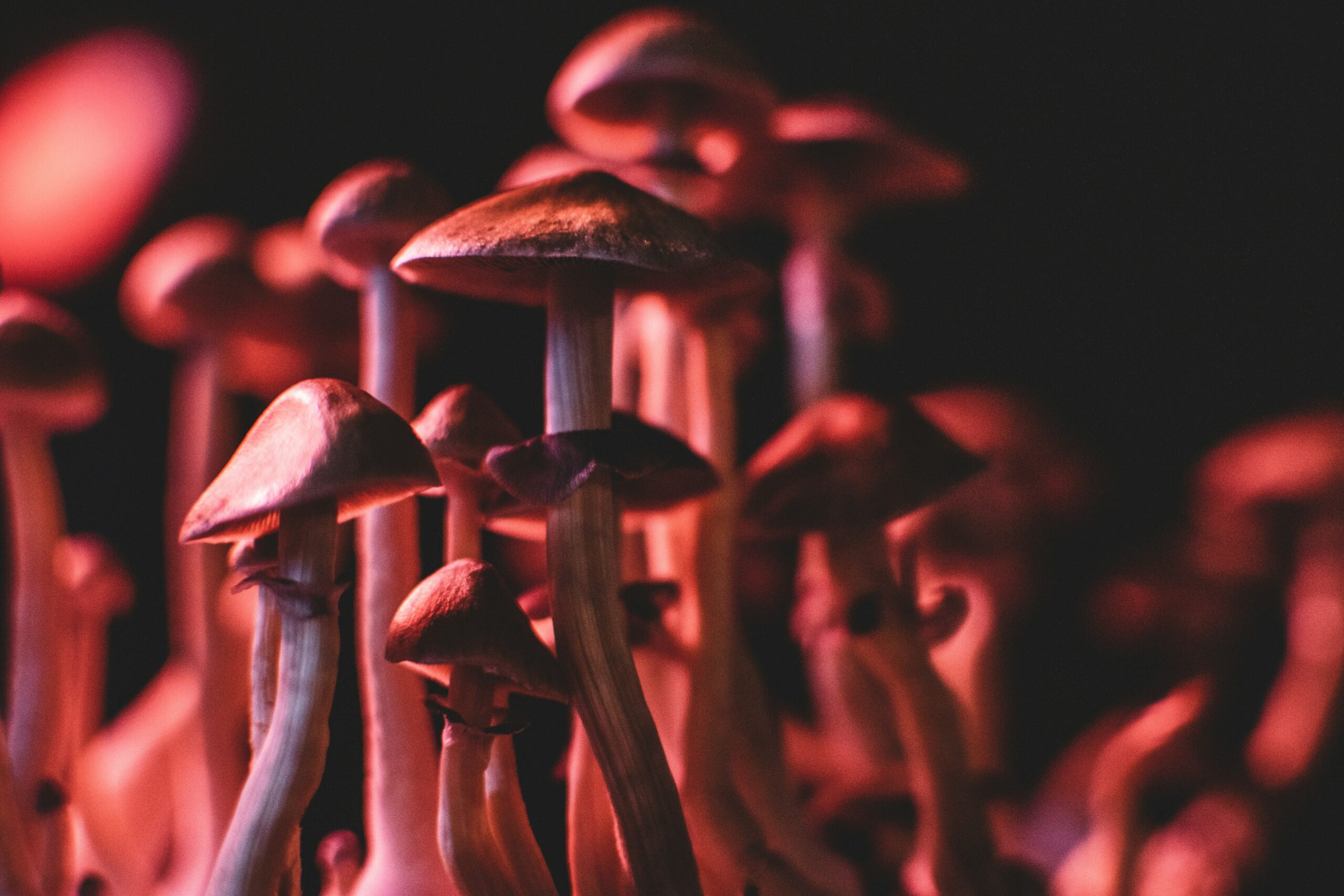The United States’ psychedelic market remains in its early stages, with states like Oregon and Colorado leading the charge by decriminalizing natural psychedelic medicines and establishing regulated therapeutic programs. As public and medical support grows, the market is expected to expand, with ongoing clinical trials and investments fueling its development. One state that may be joining the brigade is Massachusetts as Massachusetts for Mental Health Options led the campaign to place Question 4, known as the Legalization and Regulation of Psychedelic Substances Initiative, on this year’s ballot. With polls showing Massachusetts voters’ split opinion on this initiative, will the Bay State join the psychedelic movement?
Question 4
If more than 50% of Massachusetts voters say “Yes” to Question 4 this November, certain plant-based psychedelics will become legal for adults twenty-one (21) and older to grow, posses, and personally use in the Bay State. Those psychedelics include psilocybin, psilocyn, dimethyltryptamine, mescaline and ibogaine. If passed, adults would be permitted to grow the psychedelic plants or fungi, so long as the grow area does not exceed 12 feet by 12 feet and is securely stored to prevent access to minors.
Not only would Question 4 legalize personal adult-use of these controlled substances, but also develop a regulatory framework similar to what Oregon and Colorado are implementing. The initiative would create the Natural Psychedelic Substance Commission and Advisory Board who would be granted regulatory oversight to adopt regulations for the licensing of psychedelic substances and services. Under the measure, the following license categories will be available: (i) psychedelic therapy center license; (ii) facilitator license; (iii) cultivation, processing, or sales-only license; and (iv) testing license. From adopting regulations to hold preparation, administration, and integration sessions to developing standards for testing, advertising and marketing and insurance, the new agency will be tasked with designing the comprehensive psychedelic regulatory program for the Commonwealth.
The proposed Act will implement an excise tax of 15% of the total sales price, with localities being granted authority to impose local sales tax upon the sale and transfer of natural psychedelic substances by operators. However, the rate cannot exceed more than 2% of the total sales price received by the seller for the sale of natural substances.
In accordance with Question 4, municipalities will be given authority to regulate time, place and manner of the psychedelic operations within their jurisdiction; however, they will not be permitted to completely ban such operations unlike Oregon’s program. If Question 4 passes, it would go into effect on December 15, 2024, and the Natural Psychedelic Substance Commission and Advisory Board will be mandated to begin accepting license applications by September 30, 2026.
Conclusion
With 14% of Massachusetts voters still undecided on Question 4, it is crucial for advocates to focus on educating the electorate in the final weeks before the vote. If passed, Massachusetts would join Oregon and Colorado in pioneering access to natural medicines. The creation of a regulatory framework under Question 4 would ensure safe and controlled access for individuals facing various mental health challenges. The question remains: Will you cast your vote in favor of expanding therapeutic options and say “Yes” to Question 4?

